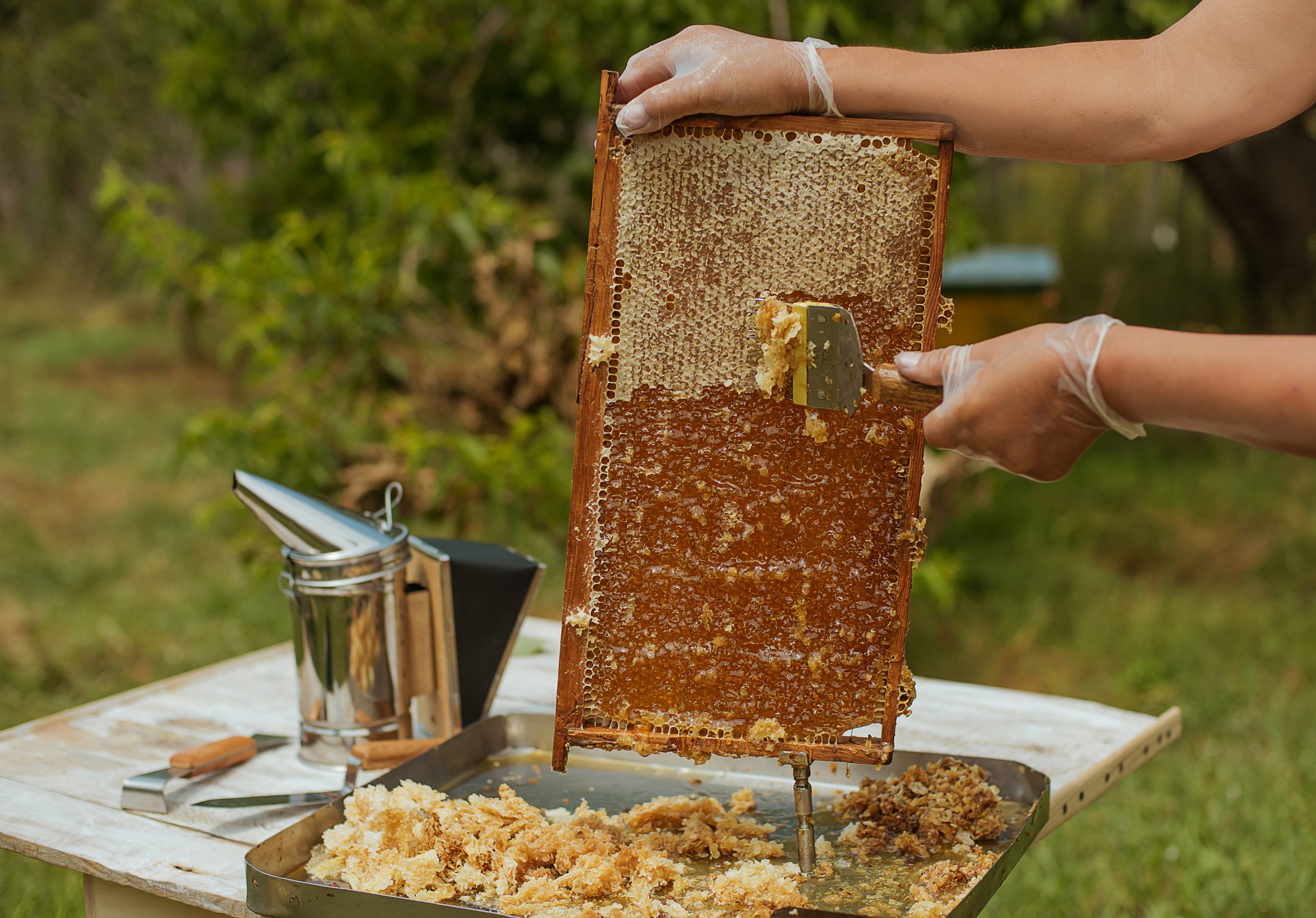FDA Now Requires Honeybee Hives Be Treated by Vets
September 02, 2016
By January 2017, the US Food and Drug Administration (FDA) will begin requiring beekeepers who need antibiotics to treat their hives—which can be up to thousands—to have them treated by a veterinarian, rather than beekeepers simply buying antibiotics over the counter. “Beekeepers are going to need a veterinarian now,” said Don Hoenig, a former Maine veterinarian. “That’s the bottom line.” While the ultimate goal of these regulations is to prevent antibiotic overuse from creating resistance, many continue to debate whether or not they are a good idea.
These new regulations apply to any “food-producing” animal including honeybees. “It’s a big change, not just for beekeepers, but this is a huge shift in policy for the FDA,” Hoenig said. “Agriculture has been criticized for many years for overusing antibiotics. You read figures that say as much as 70 to 80 percent of the antibiotics used in this country [are used in agriculture]…We’re administering a lot of antibiotics to animals over the counter, and that’s mostly going to go away.”
With the new regulations comes a new heap of rather large issues for beekeepers to contend with, with one in particular being that most veterinarians do not have bee-care training. “For the most part, they don’t want anything to do with bees,” said Tony Jadczak, a former Maine bee inspector. As well, even with training, the question of whether or not there are enough knowledgeable veterinarians to cover the thousands of registered hives in individual states remains potent. “It takes me three weeks to go through my operation,” said beekeeper Tony Bachelder. “So if I have to hire a vet for three weeks to go with me to check every hive…”
To abide by the new rules, beekeepers need to maintain a relationship with a licensed veterinarian, have the vet diagnose diseases and issue orders for antibiotics, and buy the antibiotics from a pharmacy—not a farm store or bee supply business. The vet assumes responsibility for making decisions on animal health, with Hoenig guessing that such vet visits might add $50 to $500 to beekeeping costs, depending on the number of hives and how far the vet has to travel to bee yards.
“The veterinarians would have to become beekeepers to understand the [bees’] diseases and then validate that the bees have the disease and sell us the [antibiotics],” said master beekeeper Richard McLaughlin. “And in that period of time, the disease can get significantly worse. In a week’s time, the disease can spread…it can really set it back where the bees may not produce a honey crop that year.” He also says it doesn’t make sense to lump honeybees in with large animals since honey is processed by honeybees, not produced.
“If you’ve got a problem,” Bachelder said, “you need to treat it then, you don’t need to wait. And how are you going to get a vet? To find one that knows what he’s looking for is going to be even harder.” By Hoenig’s argument, some vets who are also beekeepers have a baseline knowledge and are capable of treating the pollinators. “The FDA is very clear that the veterinarians with their broad training in disease prevention, diagnosis, and treatment will be the group that is…the gatekeeper of antibiotics in animals.” We will simply have to see how these changes go once 2017 arrives.


.jpg)




